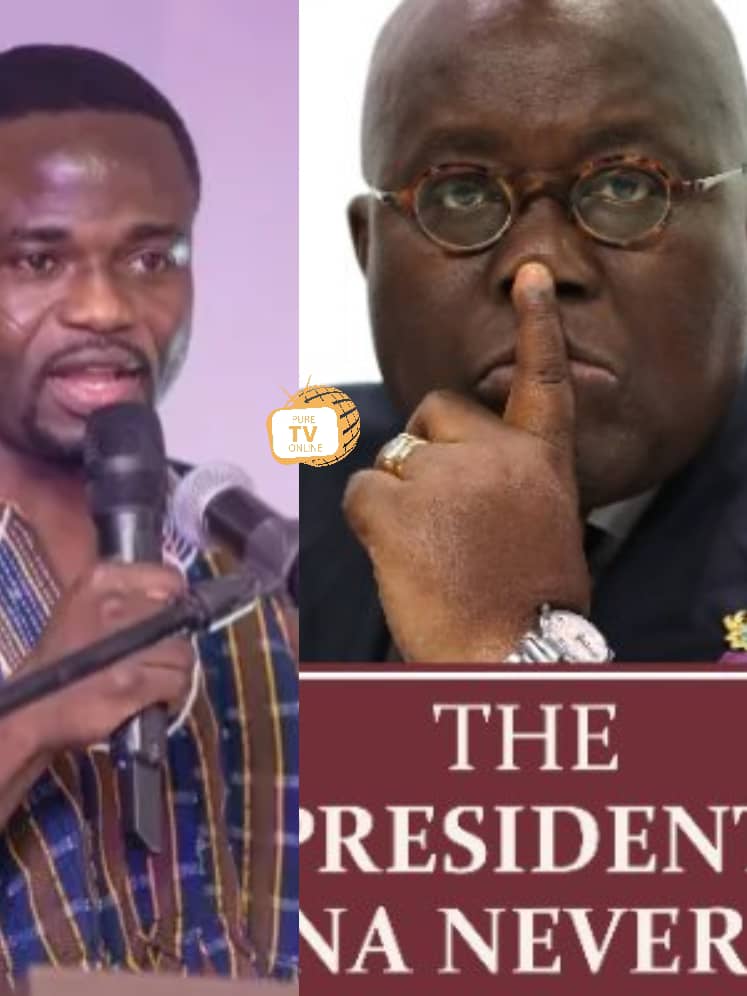adverts
THE PRESIDENT GHANA NEVER GOT BOOK: Manasseh Azure alleges financial inducement practices in parliamentary appointments committee
A new book by investigative journalist Manasseh Azuri Awuni, titled “The President Ghana Never Got,” has unveiled controversial allegations about financial inducements within Ghana’s parliamentary processes.
The book claims that the Chief of Staff’s office at Jubilee House has been regularly sending money to Parliament’s Appointment Committee to expedite the approval of ministerial appointments.
According to the book, this practice of financial incentives is not unique to the current administration but has been a long-standing tradition, beginning during the presidency of John Atta Mills and continuing through successive governments.
adverts
The practice reportedly involves periodic payments from the Chief of Staff to members of the Appointment Committee during the vetting of ministerial nominees.
The allegations in the book echo past controversies; in 2017, Mahama Ayariga and other National Democratic Congress (NDC) Members of Parliament accused Boakye Agyarko, a ministerial nominee, of attempting to bribe the committee. These claims were strongly denied by committee members, including Muntaka Mubarak, who stated that any cash received came from Jubilee House and not from Agyarko.
Joseph Osei-Owusu, the First Deputy Speaker of Parliament and Chair of the Appointment Committee since 2017, confirmed the practice of receiving money from the Chief of Staff but denied facilitating payments from nominees.
He acknowledged that the perception of financial influence over committee decisions is widespread, which led to nominees approaching him with offers of money.
Osei-Owusu stated that he directed nominees to deal directly with committee members if they wished to make payments, distancing himself from any mediation role.
Muntaka Mubarak corroborated these claims, explaining that it has been a long-standing practice for the Chief of Staff to send money to the Appointment Committee during the vetting process.
He emphasized that this cash was usually distributed at the end of the week among committee members.
The book highlights that these financial practices raise concerns about the integrity and transparency of Ghana’s parliamentary vetting process. Despite assurances from key figures like Osei-Owusu and Mubarak, the perception and allegations of financial inducement cast a shadow over the credibility of ministerial appointments.
These revelations call for closer scrutiny and potential reforms to ensure that the parliamentary process remains transparent and accountable. As the nation looks to uphold the integrity of its democratic institutions, the allegations in “The President Ghana Never Got” suggest a need for renewed efforts to eliminate any practices that may undermine public trust in the political system.


